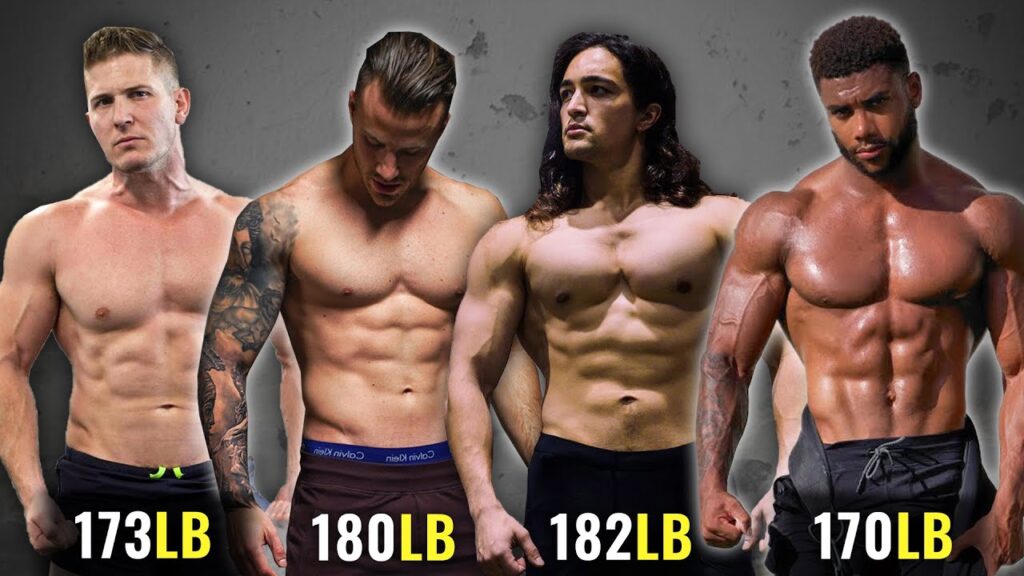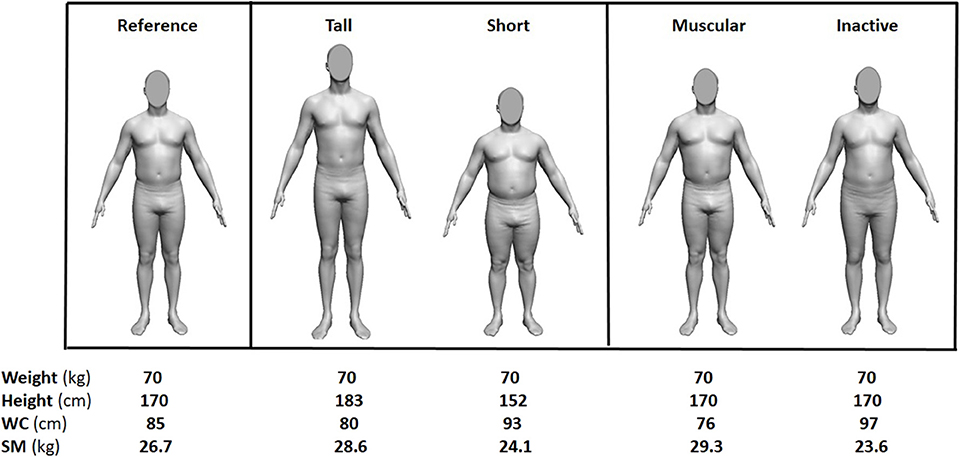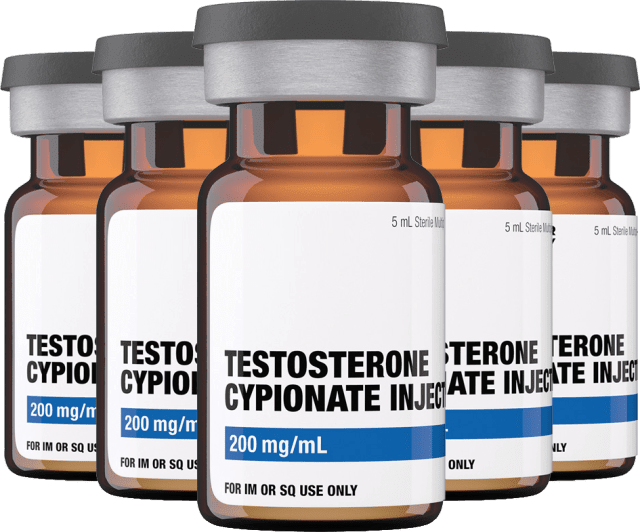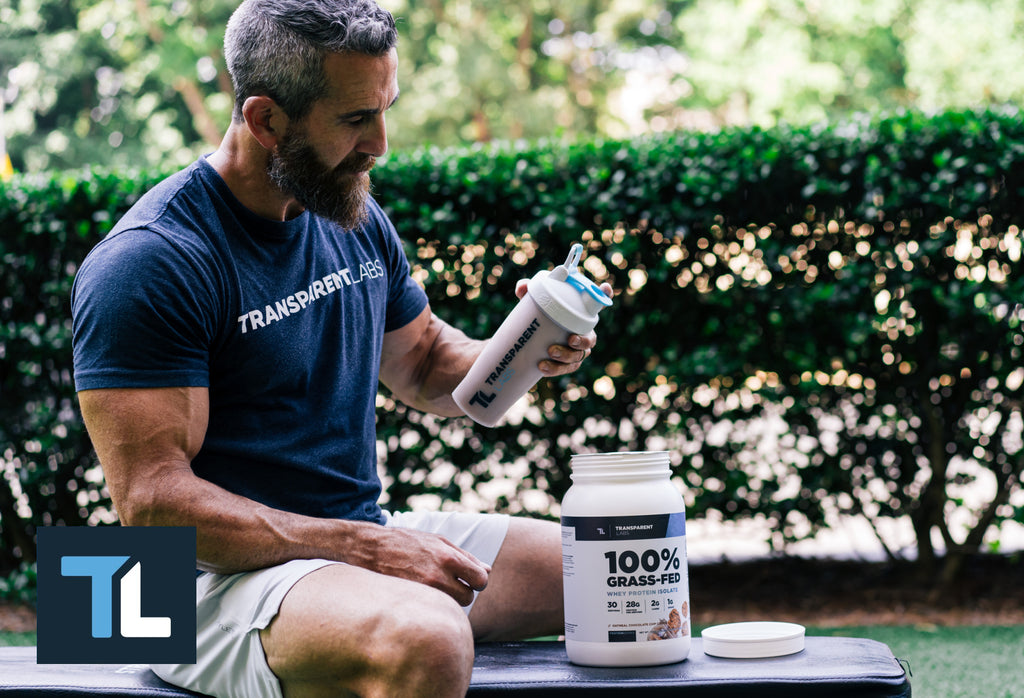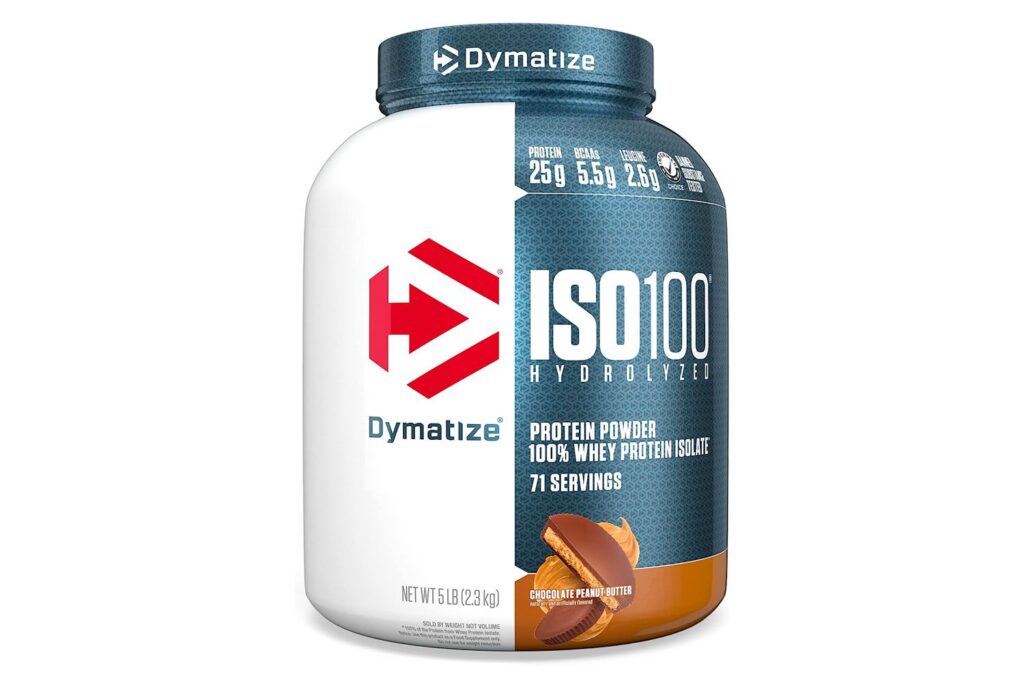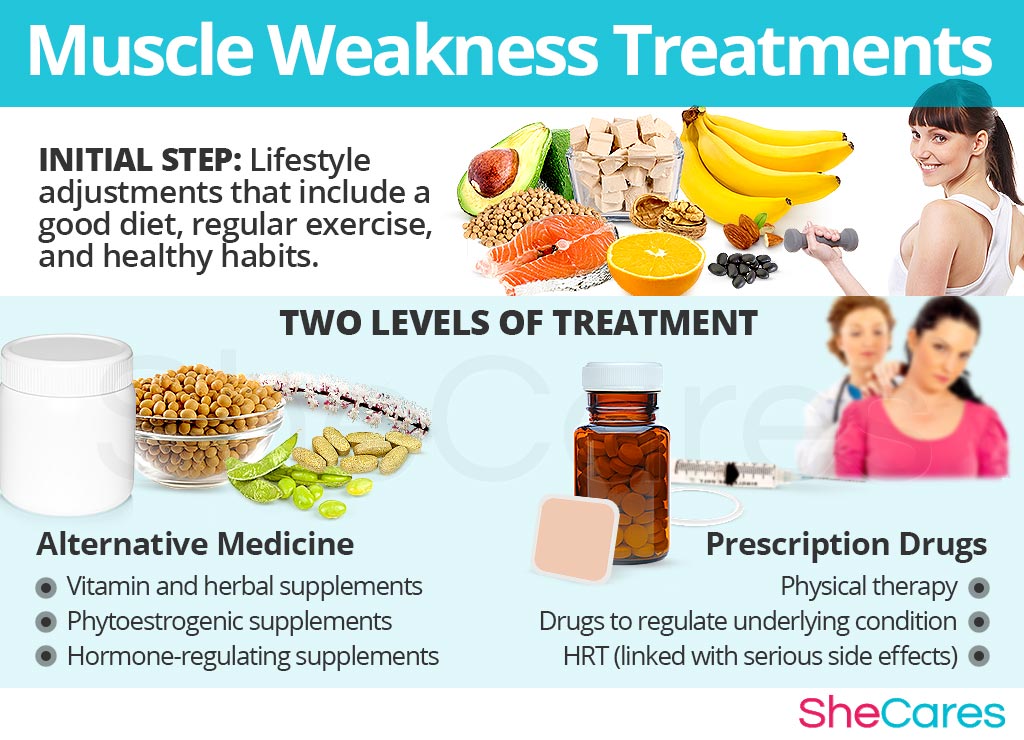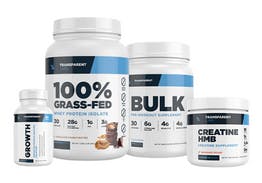On average, individuals can build 0.25 to 0.5 pounds of muscle per week naturally. This equates to roughly 1-2 pounds per month.
Building muscle naturally requires consistency, proper nutrition, and effective training. Genetics, age, and gender play significant roles in muscle growth. Younger individuals and males generally find it easier to gain muscle due to higher testosterone levels. A balanced diet rich in protein, carbohydrates, and healthy fats supports muscle development.
Strength training exercises, such as weightlifting, are crucial for stimulating muscle growth. Adequate rest and recovery also aid in muscle repair and growth. While progress may vary, a well-rounded approach ensures steady, natural muscle gains over time.
Natural Muscle Building
Genetics play a big role in muscle growth. Some people build muscle faster. Others may take more time. Your parents pass these traits to you. Body shape and size also matter. Tall people may find it harder. Shorter people may find it easier. Everyone is different. But everyone can still build muscle. Just at different rates.
Hormones are key for muscle growth. Testosterone is very important. Men usually have more testosterone. Women have less but can still build muscle. Growth hormone also helps. It repairs muscles. Insulin helps too. It gives energy to muscles. Eating well boosts hormones. Exercise also helps. It increases hormone levels. This leads to better muscle growth.
Effective Training Methods
Strength training is vital for muscle growth. Lifting heavy weights helps muscles get stronger. Perform exercises like squats, deadlifts, and bench presses. Use free weights or machines. Aim for 8-12 repetitions per set. Rest for one minute between sets. Follow a regular schedule.
Resistance techniques also build muscle. Resistance bands offer a good workout. They provide different levels of tension. Use them for exercises like bicep curls and leg presses. Bodyweight exercises are also effective. Push-ups and pull-ups are great examples. Try to increase resistance over time for better results.
Nutrition For Muscle Growth
Muscle growth needs the right mix of macronutrients. Proteins, carbs, and fats all play a role. Aim for 30% protein in your diet. Carbs should make up about 50%. The remaining 20% should come from healthy fats. This mix helps your body build and repair muscle. Eating enough protein is key. Good sources are chicken, fish, and beans. Carbs give you energy for workouts. Choose whole grains and fruits. Fats help with hormone balance. Nuts and avocados are great choices.
Eating at the right times can boost muscle growth. Try to eat every 3-4 hours. This keeps your body fueled. Breakfast is very important. It kick-starts your day. Pre-workout meals should be rich in carbs. This gives you energy. Post-workout meals need protein. This helps repair muscles. A small bedtime snack with protein can help too. It supports muscle repair while you sleep.
Supplements And Enhancers
Protein powder helps build muscles. Whey protein is very popular. It is easy to mix and drink. Creatine is another great supplement. It helps increase strength and muscle mass. Branched-chain amino acids (BCAAs) help with muscle recovery. They reduce muscle soreness. Fish oil is good for your heart and muscles. Omega-3 fatty acids help reduce inflammation.
Greek yogurt is rich in protein. It helps muscles grow. Eggs are a great source of protein. They also contain healthy fats. Chicken breast is lean and full of protein. It helps build muscle mass. Quinoa has all the essential amino acids. It is a complete protein. Almonds provide protein and healthy fats. They make a great snack.
Recovery And Rest
Getting enough sleep is crucial for muscle growth. Muscles repair themselves during deep sleep. Aim for at least 8 hours of sleep each night. A consistent sleep schedule helps your body recover. Turn off screens 1 hour before bedtime. This helps you fall asleep faster. Avoid caffeine in the evening. This keeps you awake and restless.
Active recovery involves light activities. These activities help muscles heal. Examples include walking and stretching. Gentle yoga can also be beneficial. Avoid strenuous exercises during recovery days. Keep your heart rate low. This promotes blood flow to muscles. Blood flow helps with healing and reduces soreness. Always listen to your body. Rest if you feel too tired.

Credit: m.youtube.com
Tracking Progress
Using a tape measure helps track muscle growth. Measure biceps, chest, and thighs. Keep a journal of these measurements. This helps spot progress. Take photos every month. Compare these to see changes. A body fat caliper tracks body fat percentage. Lower body fat shows muscle definition.
Change workouts every 4-6 weeks. This helps muscles keep growing. Add more weight to your lifts. Try new exercises for each muscle group. Rest days are important too. Muscles need time to recover. Eat protein-rich foods to help muscles repair.
Common Pitfalls
Muscles need rest to grow. Overtraining leads to injuries and muscle loss. Balance workouts with rest days. Resting is as important as exercising. Listening to your body helps avoid overtraining.
Eating right is key for muscle growth. Proteins help build muscles. Carbs provide energy for workouts. Healthy fats support overall health. Skipping meals can slow muscle growth. Drink plenty of water. Stay hydrated for optimal muscle function.

Credit: naturallyintense.net
Success Stories
John gained 20 pounds of muscle in a year. He worked out four times a week. He ate protein-rich meals. Maria transformed her body in six months. She lifted weights and did cardio. Both stayed consistent and motivated.
Consistency is key to building muscle. Eating right speeds up muscle growth. Rest is important for muscle recovery. Tracking progress helps stay motivated. Having a workout plan makes a big difference. Support from friends can boost morale.
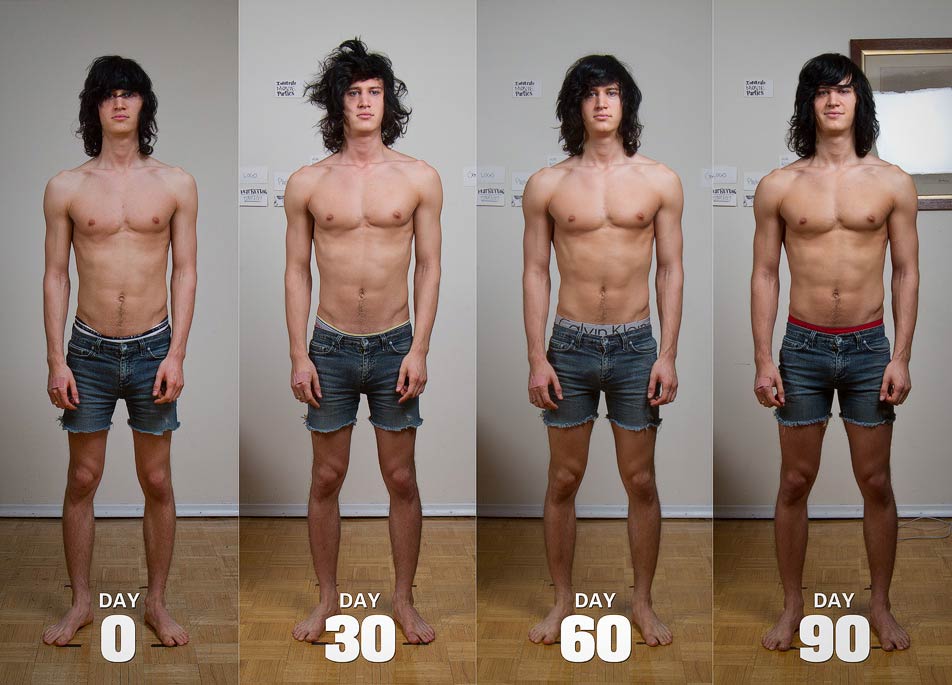
Credit: bonytobeastly.com
Frequently Asked Questions
How Much Muscle Can You Gain Naturally?
You can gain about 1-2 pounds of muscle per month. This varies based on genetics, diet, and training intensity.
What Affects Natural Muscle Growth?
Genetics, diet, training intensity, and rest are key factors. Consistency in workouts and proper nutrition play vital roles.
Can You Build Muscle Without Supplements?
Yes, you can build muscle with a balanced diet. Focus on protein-rich foods, strength training, and adequate rest.
How Long Does It Take To Build Muscle?
It typically takes several months to see noticeable muscle growth. Consistency and progressive overload in workouts are crucial.
Conclusion
Building muscle naturally requires dedication, consistency, and the right approach. Focus on a balanced diet and effective workout routines. Understand your body’s limits and set realistic goals. With patience and effort, you can achieve significant muscle growth. Stay committed, and the results will follow.
Keep pushing towards your fitness goals!

